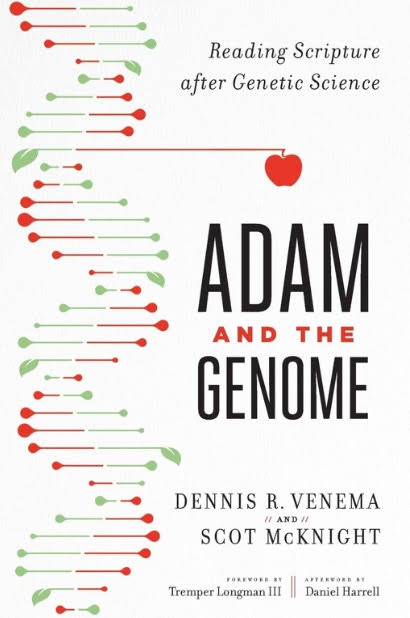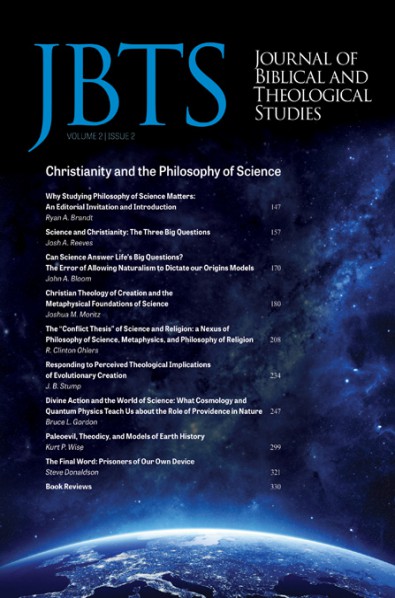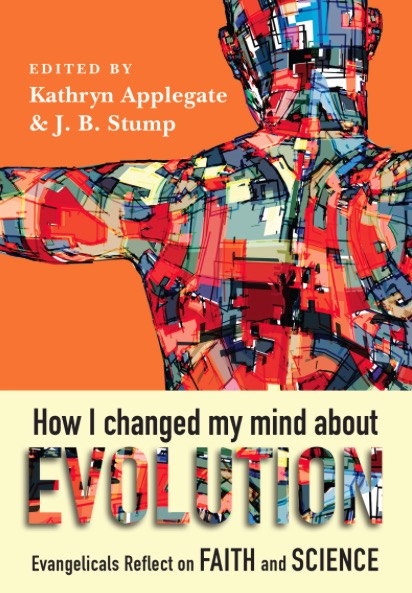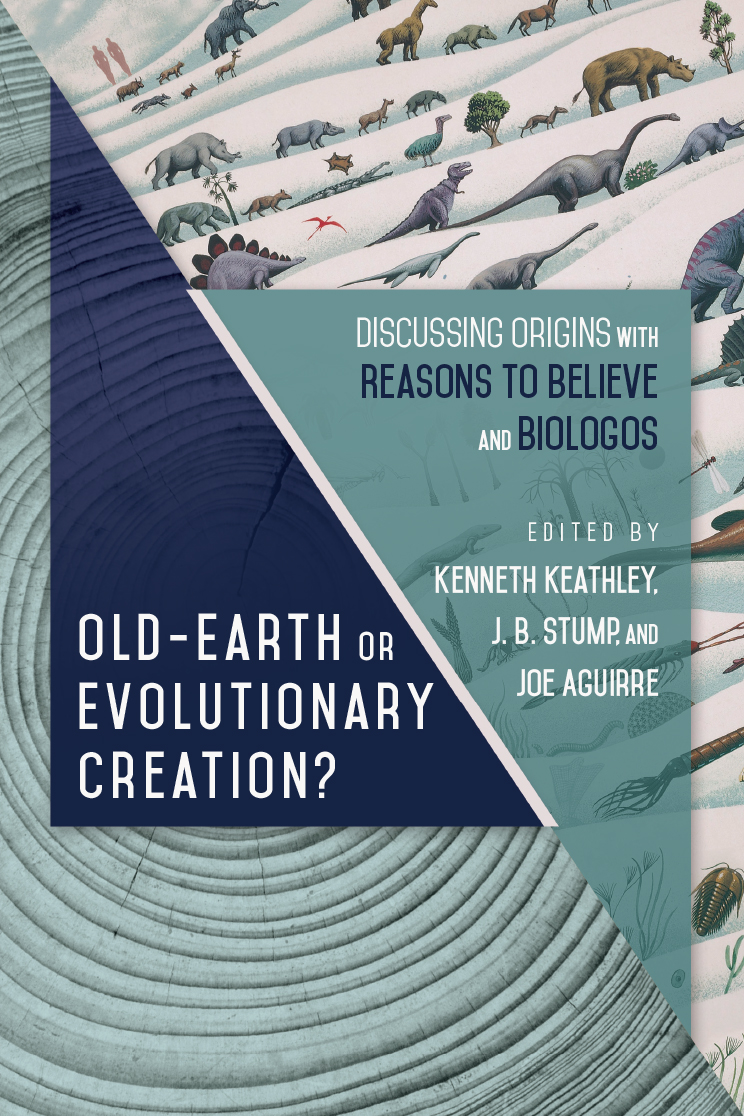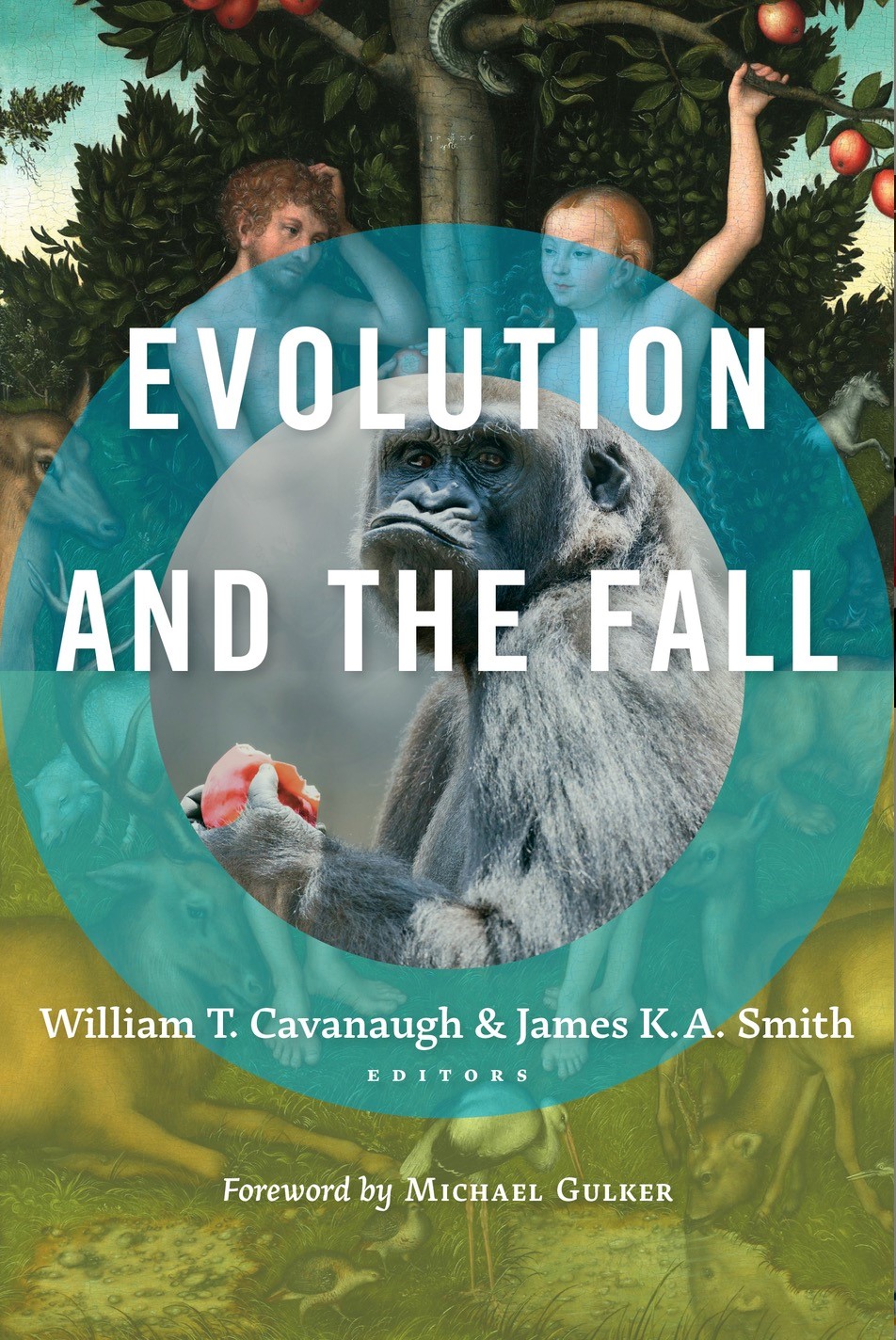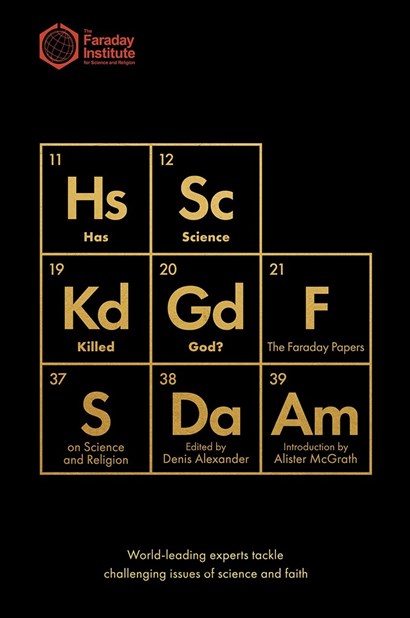


Review of Alister McGrath’s lecture ‘The Bankruptcy of Scientific Atheism‘
James Garth, September 2007.
Download PDF
Alister McGrath
The bankruptcy of scientific atheism
2007 ISCAST Annual Lecture
Thursday 27 September 2007, Glen Waverley Anglican Church
This lecture may be viewed at https://iscast.org/resource/McGrath_A_2007_09_Bankruptcy_of_Scientific_Atheism
Reviewed by James Garth
Alister McGrath, Professor of Historical Theology at Oxford University, was in fine form during last Thursday night’s lecture entitled, ‘The bankruptcy of scientific atheism’, held at Glen Waverley Anglican Church in Melbourne. Those familiar with his podcasts and voluminous writings would certainly recognize the performance as ‘vintage McGrath’, an articulate, compassionate and thought-provoking presentation, seeking to engage directly with the difficult questions that lie at the interface between modern science and religion.
The presentation began with a lengthy introduction in which McGrath contended that, contrary to the perception consistently and mistakenly perpetuated by the media, science and religion need not necessarily be adversarial in nature, noting that indeed many of his own eminently learned colleagues at Oxford see no direct conflict whatsoever between the notion of a personal God and the utility and explanatory power of the scientific enterprise.
Further, he strongly denounced attempts to elevate the scientific method to such heights that (it is contended) science becomes capable of answering the ultimate philosophical questions regarding the meaning of life. Quoting, significantly, Thomas Huxley, and later, Stephen Jay Gould, he reiterated that the scientific method, with its reliance on hypothesis generation, experimentation and falsification, is simply not capable of adjudicating on matters of God’s possible superintendence of nature. If the existence of a divine being is to be inferred, it must be done so on grounds other than the scientific method. Still, the scientific method is an invaluable tool in that it helps us to understand the world that we find ourselves in, and to learn more about the existing laws that govern it. Ultimately though, science is incapable of explaining what, if anything, lies behind or beyond these laws, or, rather more importantly, why there are indeed any laws at all.
Having established these ground rules, McGrath moved on to the main substance of the presentation, which was to provide a rebuttal of five central recurring arguments that characterize the case against God proposed by modern atheists including Harris, Dawkins and Hitchens. Though these arguments are not new, they have recently been promulgated with an almost evangelical enthusiasm; and hence the theist is obligated to weigh them and respond with the utmost seriousness. They can be grouped as follows:
A Darwinian worldview makes belief in God unnecessary or impossible.
On the contrary, McGrath contended, a Darwinian worldview neither makes the existence of God more probable or less probable. Darwinism merely attempts to study mechanisms which, if true, could quite easily be seen as secondary causes by which God allows his creative vision to take shape and form.
Further, the abundance of his own professional colleagues who see no essential conflict on this matter implies therefore that they are all hopelessly mad, obstinately recalcitrant, or else the contention is simply false. If anything, when extended to its logical end Darwinism ends in a rut of agnosticism, and goes no further.
Religion makes claims which are grounded in faith, which is belief in the absence of, or indeed in spite of evidence.
Here we have a very problematic statement, in that the true nature of faith is obscured by defining it in a way which runs contrary to every definition of faith proposed by Christian thinkers throughout the ages, and is rejected by every major historical and modern denomination. This view of faith, which is stoically and crucially upheld by Dawkins, simply does not reflect the reality that a true definition of faith includes notions of obedience and consent of the will to a cause which one already believes to be true or probable. A simplistic, straw man definition of faith is indeed easy to demolish, but this is rather a moot point given that it is an incomplete definition of faith to begin with.
Religion is a virus of the mind, transmitted by means of a ‘meme’ which propagates and infects otherwise sane minds.
On this issue, simply put, no physical evidence exists whatsoever supporting meme theory. Memes remain purely hypothetical, speculative constructs.
Indeed, can it be asked, if memes do exist, why must they be limited to religious views? Could they also infect political opinions, social opinions, scientific worldviews, and so on? Indeed one may fairly ask, are memes therefore responsible for explaining why people may accept any philosophy at all, or merely those philosophies that Dawkins disagrees with?
Religion gives an impoverished, erroneous, limited, mediaeval view of the universe.
This argument has some traction, historically speaking, in that it can be shown with reasonable ease that churchmen have supported erroneous views of the universe which have since been demonstrated to be false. However, McGrath counsels, though it might be confronting for some to hear, nevertheless we should pause to recall the fact that many of these same erroneous views were accepted by the scientific intelligentsia at the time, primarily due to their elevation of authority as the supreme arbiter of truth, but also because these simplistic theories nonetheless were able to explain much of the visible evidence available to these societies at the time.
However, modern religion, properly understood and practiced, celebrates a view of the universe that is by no means intellectually impoverishing, in fact, it is quite the opposite, with a universe sustained by a creative being filled with spiritual and physical meaning and purpose. It could be argued that it is indeed more expansive and more stimulating than a reductionist, materialist universe which is, essentially, ruled by chaos.
Religion leads to evil and violence
McGrath spent a significant portion of time addressing this issue, and with good reason, as this concern rates high in the public consciousness due to the recent rise of destructive fringe movements within the major world religions. Believers should not, he argued, shirk from the fact that we have much to do in terms of reigning in and intellectually critiquing those who would subvert religion in order to gain power and pursue their own agendas.
On this issue, it is essential to avoid tarring the overwhelming majority of mainstream, law-abiding and socially well-adjusted members of religious groups who abhor violence with the brush of extremism practiced by those on the fringes. Further, it is evident that extremism itself rather than religion is the real culprit, as demonstrated by the grotesque violence of a non-religious nature which manifested itself in the former Soviet Union, in Cambodia and in Rwanda in purely political, cultural and tribal forms.
In conclusion, McGrath issued a clarion call to all pastors and laity stressing the importance of apologetics in this modern age, noting that the arguments raised in The God Delusion can actually be addressed relatively simply and straightforwardly by those who possess a basic knowledge of practical apologetics. Yet still, many believers remain uneasy with confrontation and feel ill-equipped to engage with questions from family, friends and colleagues regarding the essential doctrines of Christianity. A higher prioritization on increasing the historical and biblical knowledge of churchgoers must occur, and it is the role of small groups, discussion forums and professional associations like ISCAST where this education and mentoring should take place.
Perhaps the most heartening and encouraging aspect of this event was the presence of a number of atheist, sceptic and agnostic attendees, in addition to the theists who would traditionally be expected to attend such a presentation. I think this is an excellent development, and I sincerely hope this tradition continues, and that strong bridges can be built between different organizations and people with diverse philosophical views. The very best way to prevent individuals from both sides from retreating into defensive and sometimes dangerous positions of hyper-fundamentalism is for us to engage each other, and for cordial, challenging and completely open and free dialogue to occur between all parties, on these, the most important of life’s questions.
For those who wish to pursue these questions further, I can heartily recommend McGrath’s paper ‘Has Science Eliminated God’ which expands upon the above points in greater detail.
James Garth [BEng (Aero) (Hons), MAIAA, AMRAeS] is a practising aerospace engineer and a member of ISCAST.
References:
Dawkins, R, 2006, The God delusion, Bantam Books, London.
McGrath, A, 2005, ‘Has science eliminated God? – Richard Dawkins and the meaning of life’, Science and Christian Belief, Vol 17, No. 2, viewed 28 September 2007, http://www.scienceandchristianbelief.org/articles/McGrath%20article%20172.pdf
McGrath, A, 2007, Has science Killed God?, The Faraday Institute, viewed 28 September 2007, http://www.st-edmunds.cam.ac.uk/faraday/Papers.php
